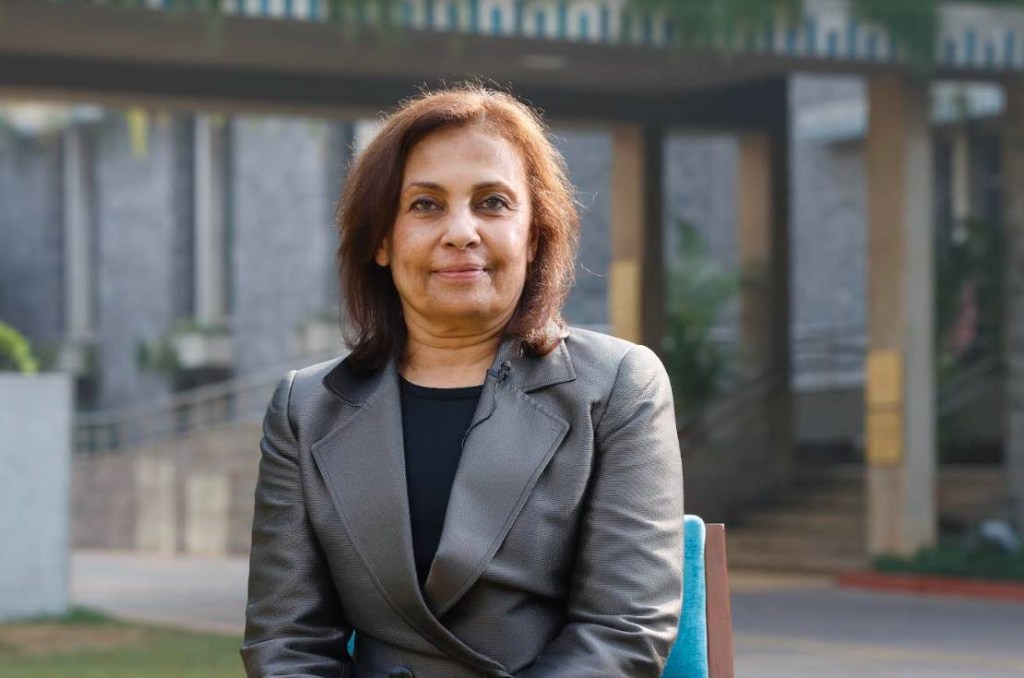Usha Rao-Monari, UN under secretary-general and UNDP associate administrator (UNDP), believes all countries must balance growth with decarbonisation efforts in order for all of us to survive. In an interview to FE’s Banikinkar Pattanayak, she also speaks about gaps in green financing, India’s G20 presidency, the country’s good progress on many of the sustainable development goals and widening inequality across the globe. Edited excerpts:
India assumed the G20 presidency on December 1. How can it leverage this presidency to push for more fund flow to poor and developing nations for climate financing?
The issue about climate finance is that it hasn’t been entirely equitable to the Global South (less industrialised countries) and that’s why for the first time in this COP, loss and damage was on the agenda and now there is a proposed “loss and damage” fund. That’s one way that the Global South gets money to finance their climate goals. India is part of the Global South and it knows what is needed as far as climate finance is concerned and it can use its voice as the G20 president to push some of the climate objectives. One, finance has to be equal for both mitigation and adaptation. Currently, adaptation finance is just 5-7% of the total climate finance. It has to go up to 25% to start with, and higher as we go forward. Second, there has to be an action plan around how various potential sources of finance– public, private, domestic and international–can be brought together. That’s where India, which has developed a very strong NDC (nationally-determined contributions) and financing plan, can help other countries through its G20 presidency. Finally, India can play an important role to show two things: how to use finance intelligently for growth while making sure you stay on the decarbonisation path and how do you make available finance for the social inclusion agenda. So, I think India has enormous opportunity as the president of the G20. Also, the next two presidents are Brazil and South Africa (developing countries), so there could be continuity (in plans) that India puts forward now. So, going forward, they can put in place a resilient model in this regard through their G20 presidency.
There are views that the developed world, which has gained from early industrialisation, should make greater finances available to poor and developing countries to help them tackle climate challenges. These developed countries must abide by the “polluter pays” principle. How do you view these arguments?
T
I don’t think that’s a debate we should get ourselves into. I think balancing growth with decarbonisation should be the objective for the whole world. It’s not about the Global South vs Global North. However, I think that the world has recognised that this balance requires funds and those funds come from the new loss and damaged fund that was proposed in the last COP. The more we stay in the old debate, the less we move forward.
How to make available greater finances to poor and developing countries to make them adopt higher climate standards?
The larger questions about how we have more money to do what we have set out to do is not just a Global South debate, it’s a Whole World debate. I think the SDG (sustainable development goals) financing gap is around $2.5 trillion a year just for developing countries. Once you add the developed countries, there is a huge gap that needs to be filled in with sensible financing instruments, combined with policy and some sort of social instruments.
Also Read: Paving the way for climate in finance
How do you see India’s progress on the SDGs so far?
There are 17 SDGs, and India has made plenty of progress on many of them. No country has shown remarkable progress on all of them. India has lifted hundreds of millions of people out of poverty. Between 2005 and 2019, India lifted over 400 million out of poverty. That’s amazing. It has also taken some significant steps in areas such as electricity. In water and sanitation and urban housing, it has made some progress. More importantly, India is among the first set of countries, or probably the first one, to track its progress on these goals. That, to me, is of great importance. Despite all that progress, India, like every other country, is hit by the pandemic. We don’t have new data on the cost the pandemic has exerted on various countries.
Also Read: India ranks 132 out of 191 in UNDP’s human development index
But how countries countered the pandemic is also part of the SDG assessment. I think India did brilliantly–through cash transfers, free distribution of food to most vulnerable sections, etc. These are part of making progress on SDGs and I believe India did pretty well.
The pandemic widened inequality across the globe. How would you tackle it?
Whether it’s pandemic or any other recent events, they have raised inequality. The (Ukraine) war has created food and energy insecurity, inflation, and each of them has an impact on inequality. So, an entity like the UNDP or any other development institution has to intentionally structure in social equality in the DNA of their operations. That’s how we do it. Finally, when you unpack inequality, we see women are the worst victims of any such situation. If you don’t support the half of the world’s population, I don’t think we will achieve the sort of equality-oriented development that we need to have.

